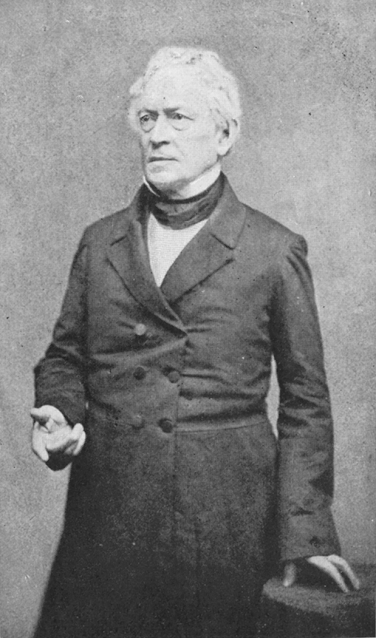Heb 5:11 reads: "Much more could be said about this subject, but it is hard to explain, and you are so slow to understand."
Have you ever noticed how great writers have an exceptional mastery of language. In every paragraph they write, they never waste words and still find a way to communicate with amazing succinctness.
It's obvious that the author of Hebrews was struggling a bit when he came to 5:11. On the one hand, he's aware of the breadth of his subject. On the other hand, I get the sense that he wants to be selective with his words. The book of Hebrews does not seem short when you read it, and yet the author calls his entire speech "brief" (Heb. 13:22).
Philo, in his book Heir, reflects a similar struggle (133):
But as the discussion on the subject of a division into equal portions, and on that of opposite contrarieties, is of great extent and of necessary importance, we will not wholly pass it by, nor will we dwell on it with prolixity, but, investing it as it is, we will be content with such things as seem suitable to the occasion.
I think writing shorter books is harder than writing longer books due to all the editing you have to do. When Baker asked me to write my intermediate Greek grammar, I agreed, on one condition: that I could keep the work under 200 pages. (Many "intermediate" and even "beginning" grammars seem more suitable as reference works than as textbooks. Just my opinion.)
"Prolixity," by the way, means "the state or quality of being unnecessarily or tediously wordy." Who does not struggle with prolixity? The author of 2 Maccabees certainly did. After a wordy preface, he writes (2:30-31):
It is the duty of the original historian to occupy the ground and to discuss matters from every side and to take trouble with details, but the one who recasts the narrative should be allowed to strive for brevity of expression and to forego exhaustive treatment.
Indeed, "brevity of expression" is something a writer has to strive for. In the words of Mark Twain, "If you want me to give you a two-hour presentation, I am ready today. If you want only a five-minute speech, it will take me two weeks to prepare."
Remember Lincoln's "Gettysburg Address"? Sure you do. How about the words of Edward Everett, the other speaker at Gettysburg? He began in the verbose style of the day:
Standing beneath this serene sky, overlooking these broad fields now reposing from the labors of the waning year, the mighty Alleghenies dimly towering before us, the graves of our brethren beneath our feet ...."
A far cry from "Fourscore and seven years ago our fathers brought forth on this continent ...," wouldn't you agree? Even Everett recognized the brilliance of Lincoln's speech: "I should be glad if I could flatter myself that I came as near to the central idea of the occasion, in two hours, as you did in two minutes."
Whenever I write a blog post (like this one), at some point I have to stand back from the computer screen and ask myself, "What am I trying to say here? Have I already made my point? If so, shall I end the post now?" I also do this with my books, which (have you noticed?) are becoming shorter and shorter. I don't like wasting other people's time. Get to the point, Dave, then shut up.
When I read Hebrews, I get the sense that the author only scratched the surface of his topic. Yet what he left to us is a profound look at the New Covenant and why we should hold to it, and to its Great High Priest, faithfully. Hebrews even ends with a signature salutation that sounds an awful lot like the apostle Paul to me!
THE END

